
In this clip, Horst Schulze helps leaders see the difference between efficiency and cost cutting. Successful businesses place a high value on efficiency, and increasing efficiency can help contribute to a healthier bottom line.

In this clip, Horst Schulze helps leaders see the difference between efficiency and cost cutting. Successful businesses place a high value on efficiency, and increasing efficiency can help contribute to a healthier bottom line.

In this clip, Wilfredo De Jesus reminds Christian leaders that their response to cultural changes are vital to their influence and need to be handled wisely. How we respond to culture communicates Who we follow.
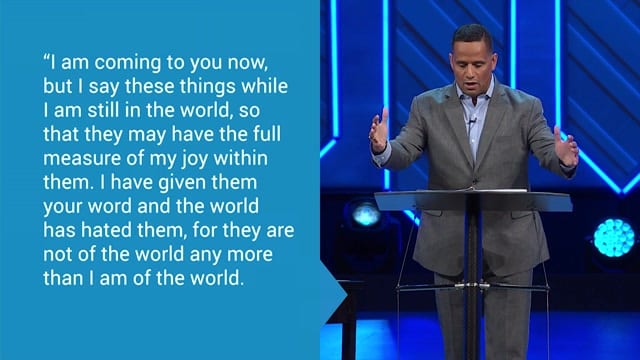
In this clip, Wilfredo De Jesus helps leaders understand the responsibility the Church has to engage with the cultural shifts that are occurring today. The Church has Jesus as its “true north” and, as the Church, we must carry His message of love with us as we engage culture.

In this clip, Melinda Gates shares what she and Bill Gates have learned about leading a non-profit organization. She shares the importance of leveraging business strategy and data to make an impact on some of the world’s toughest problems.

Impossible is where God starts.
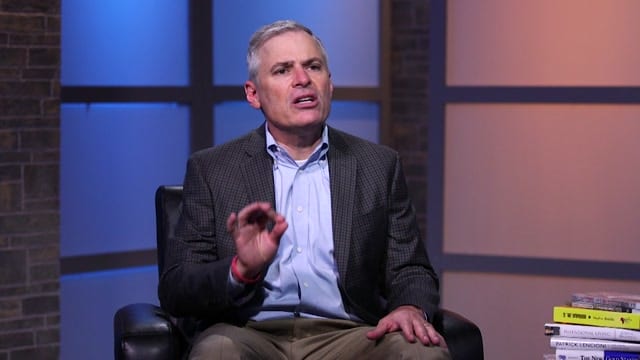
Patrick Lencioni says that often a lack of development in a team member is the leader avoiding awkward situations. Listen to Patrick backstage at the 2016 Global Leadership Summit provide coaching on how to make a development plan work.
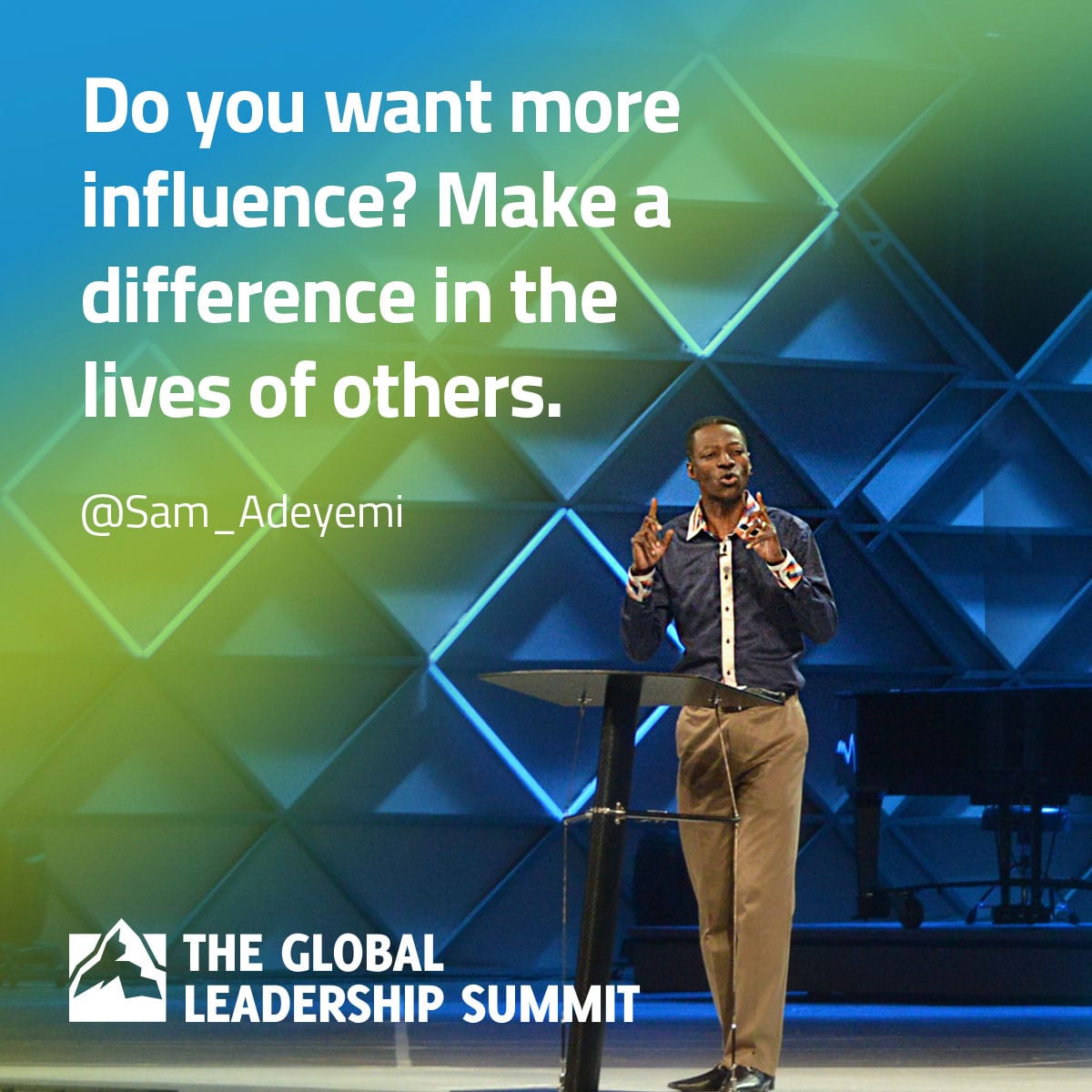
Do you want more influence? Make a difference in the lives of others.
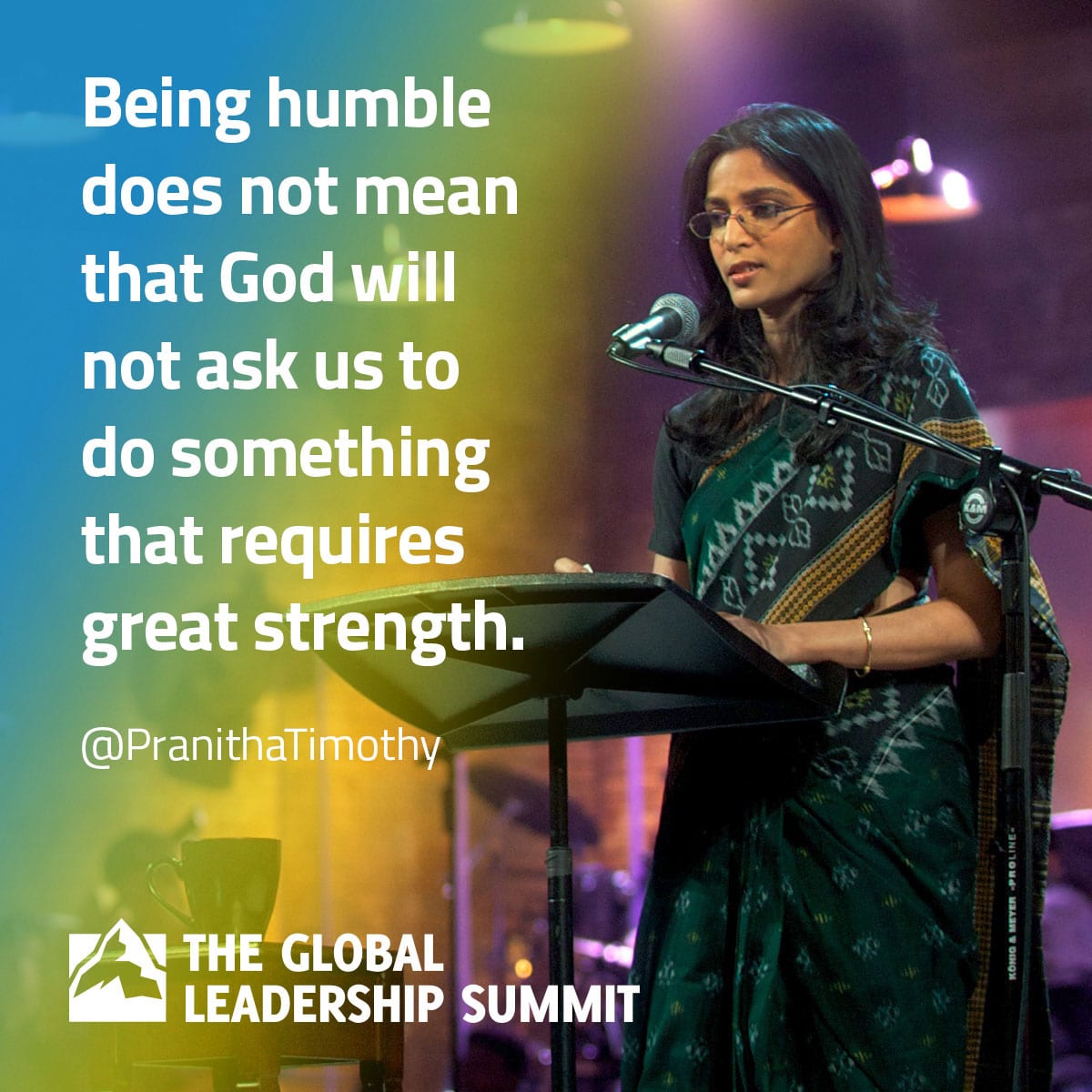
Being humble does not mean that God will not ask us to do something that requires great strength.

“Passion is the genesis of genius.” – Galileo
Do you have enough passion in your life? Passion is the difference between playing the piano and being a pianist; it’s who you are, not just what you do. Passion makes you leap out of bed in the morning, eager to start your day.
Dr. Robert Vallerand at the University of Quebec has studied passion more than anyone, and he asserts that passion is self-defining. According to Vallerand, “Passion is a strong inclination toward a self-defining activity that people love, that they consider important, and in which they devote significant amounts of time and energy.”
It’s important to note that passion doesn’t require expertise—although there is a correlation, it’s not a given. Vallerand and two other researchers studied 187 musicians and found that those who focused on perfecting their performance—what Vallerand calls “mastery”—developed a higher level of expertise than those who focused on merely being better than other musicians. If passion defines you, it makes sense that your personal best will be about you and no one else.
So what does passion look and feel like? A great way to understand passion is to consider what makes passionate people different from everybody else.
Passionate people are obsessed. Put simply, passionate people are obsessed with their muse, and I don’t mean that in an unhealthy OCD sort of way. I’m talking about a positive, healthy obsession, the kind that inspired the quote, “Do what you love, and you’ll never work a day in your life.” No matter what else is going on, their thoughts keep returning to their passion. Not because they feel burdened and pressured by it, but because they’re just so excited about it. They’re obsessed with their muse because it inspires them and makes them happy.
They don’t waste time. You won’t find passionate people wandering around a park all afternoon playing Pokemon Go. They don’t have time to be bothered with things that don’t matter or things that just kill time. They devote every minute available to their passion, and it’s not a sacrifice, because there’s nothing else they’d rather be doing.
They’re optimistic. Passionate people are always focused on what can be rather than what is. They’re always chasing their next goal with the unwavering belief that they’ll achieve it. You know how it feels when you’re looking forward to a really special event? Passionate people feel like that every day.
They’re early risers. Passionate people are far too eager to dive into their days to sleep in. It’s not that they don’t like to sleep; they’d just much rather be pursuing their passion. When the rooster crows, their minds are flooded with ideas and excitement for the day ahead.
They’re willing to take big risks. How much you want something is reflected in how much you’re willing to risk. Nobody is going to lay it all on the line for something they’re only mildly interested in. Passionate people, on the other hand, are willing to risk it all.
They only have one speed—full tilt. Passionate people don’t do anything half-heartedly. If they’re going, they’re going full tilt until they cross the finish line or crash. If they’re relaxed and still, they’re relaxed and still. There’s no in between.
They talk about their passions all the time. Again, we’re talking about people whose passions are inseparable from who they are, and you couldn’t form much of a relationship with them if they couldn’t be real about who they are, right? It’s not that they don’t understand that you don’t share their obsession; they just can’t help themselves. If they acted differently, they’d be playing a role rather than being authentic.
They’re highly excitable. You know those people who probably wouldn’t get excited if an alien spaceship landed in their front yard? Yeah, that’s not how passionate people operate. It’s not that they’re never calm, or even bored. It’s just that it takes less to get them excited, so they get excited more frequently and stay excited longer. One theory is that they devote their energy to one or two things, so they make more progress, and that momentum fuels their excitement.
They’re all about their work. Passionate people don’t worry about work/life balance. Their work is who they are, and there’s no separating the two. It’s what they breathe, live and eat, so there’s no such thing as leaving it at the office. Asking them to do that is tantamount to asking them to deny who they are. And they’re OK with that because there’s nothing else they’d rather be doing.
Now that you know what separates passionate people from everybody else, do you think you have enough passion in your life?
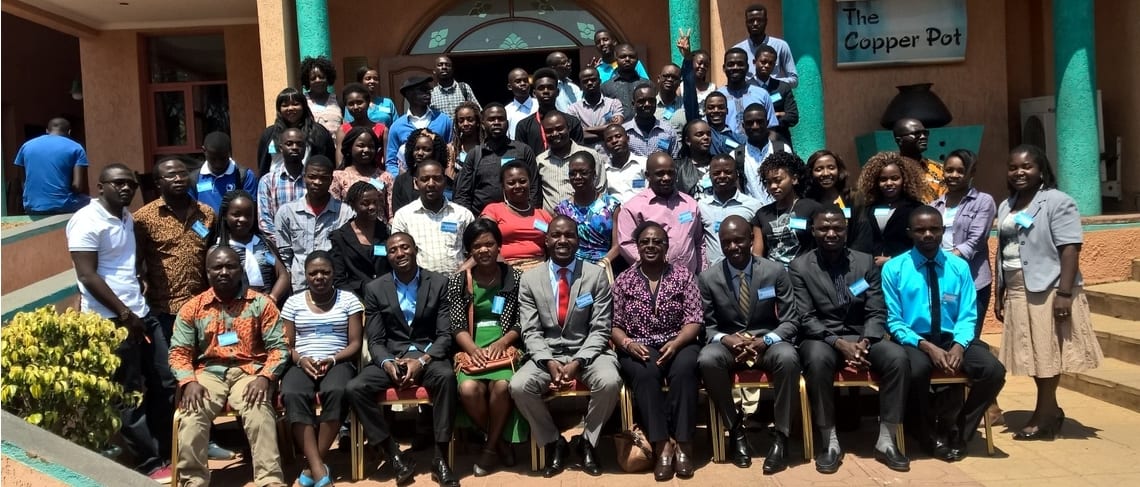
A youth edition of the GLS was held last week for a group of 73 young leaders in Malawi, Africa.
“It was great to hear the visions the young people have of building schools, helping orphans, championing girls’ education, advocating for youth on the streets, working with people with disabilities, and setting up agro processing industries. The list goes on… Thank you for your prayers!” – Stella Kasirye, GLS Leader, Malawi
“We welcome and encourage comments on this site. There may be some instances where comments will need to be edited or removed, such as:
If you have any questions on the commenting policy, please let us know at heretoserve@globalleadership.org”
Recent Comments